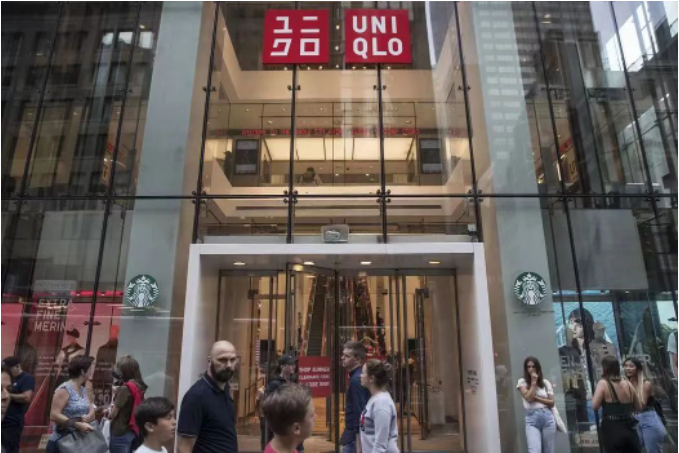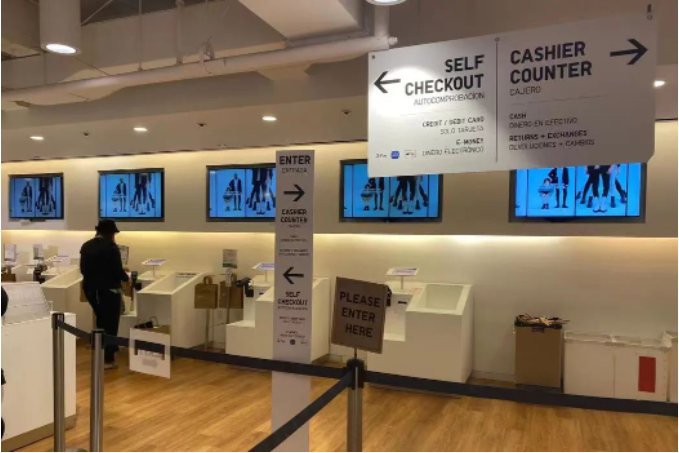is what magic makes UNIQLO bet on RFID?
at New York's Uniqlo Fifth Avenue store, shoppers simply place the item in a box in a vending machine to check out. Unlike the self-checkout process in many stores, customers at this casual clothing retailer don't need to scan individual items or look up the price on a screen-they just put the item in the appropriate box and pay.
at New York's Uniqlo Fifth Avenue store, shoppers simply place the item in a box in a vending machine to check out. Unlike the self-checkout process in many stores, customers at this casual clothing retailer don't need to scan individual items or look up the price on a screen-they just put the item in the appropriate box and pay.







